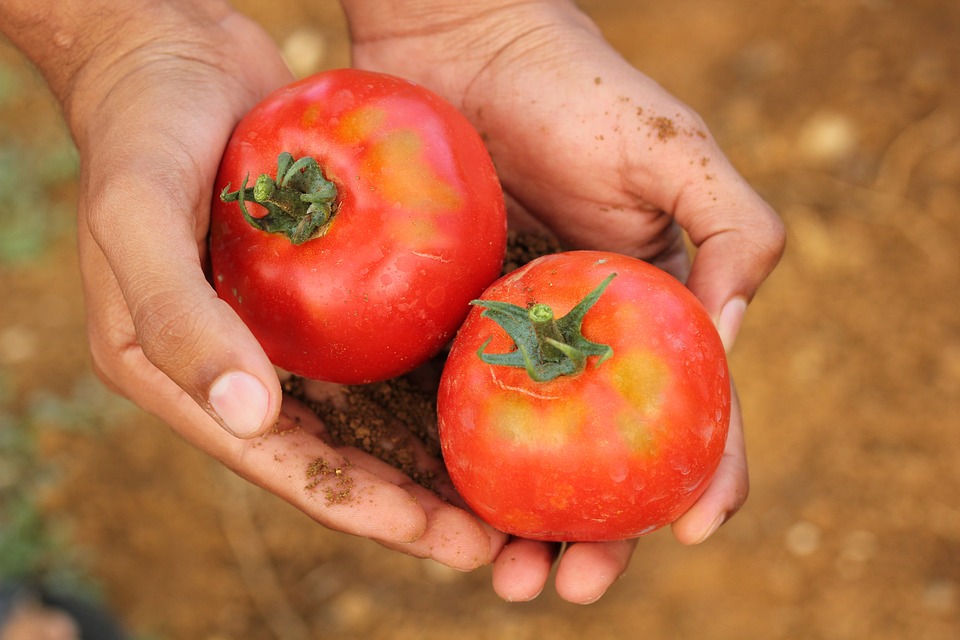Eco-Friendly Gardening: Sustainable Techniques to Minimize Environmental Impact
When it comes to sustainable living and eco-friendly gardening, I can proudly say that I have been practicing these techniques for many years now. Living off the grid has taught me the value of nature and the importance of minimizing our environmental impact. I have found that gardening using sustainable techniques not only benefits the environment, but also leads to a healthier and more fulfilling lifestyle. In this article, I will share some tried and true methods for eco-friendly gardening that will help you minimize your environmental impact while enjoying the many benefits of sustainable farming and gardening.
One of the key principles of eco-friendly gardening is to reduce waste and conserve resources. To achieve this, I have found that using natural and organic materials in my garden is essential. Instead of relying on chemical fertilizers and pesticides, I opt for compost and organic mulch to enrich the soil and protect my plants from pests. Composting kitchen scraps and garden waste not only reduces the amount of waste sent to landfills, but also creates nutrient-rich soil that promotes healthy plant growth.
Another effective technique for eco-friendly gardening is water conservation. In areas where water is a precious resource, it is important to minimize water usage in the garden. One of the ways I achieve this is by using rainwater collection systems to water my plants. This not only reduces my reliance on municipal water sources, but also ensures that my plants are receiving the purest form of hydration. Additionally, I make use of drip irrigation systems and mulch to retain soil moisture and reduce evaporation, further conserving water in the garden.
When it comes to sustainable gardening, choosing the right plants is also important. Native plants and edible landscaping are not only beautiful additions to the garden, but also require less maintenance and resources to thrive. By selecting plants that are well-suited to the local climate and soil conditions, you can reduce the need for excessive water, fertilizers, and pesticides while promoting biodiversity and supporting local wildlife.
In addition to these sustainable techniques, integrating permaculture principles into the garden can further minimize environmental impact. By designing a garden that mimics natural ecosystems, we can create a self-sustaining and regenerative space that produces food, promotes biodiversity, and sequesters carbon from the atmosphere. For example, planting a diverse range of plants and trees, practicing crop rotation, and incorporating companion planting can help restore soil health and reduce the need for external inputs.
Pro Tips:
– Establishing a diverse range of plants and trees in your garden can create a balanced ecosystem that reduces the need for chemical inputs and promotes natural pest control.
– Incorporating crop rotation and companion planting can help prevent soil depletion and maintain a healthy balance of nutrients in the garden.
In conclusion, eco-friendly gardening is not only a way to minimize environmental impact, but also a fulfilling and rewarding practice that allows us to connect with nature and nurture our own well-being. By embracing sustainable techniques such as using natural and organic materials, conserving water, choosing the right plants, and integrating permaculture principles, we can create thriving gardens that benefit both the environment and our own lives. Whether you have a small balcony garden or a larger plot of land, there are countless opportunities to make a positive impact through eco-friendly gardening. By prioritizing sustainability and minimizing our environmental footprint, we can contribute to a healthier planet for future generations to enjoy.



